Kenya’s legal community has issued a bold ultimatum to the Communications Authority of Kenya (CA), demanding the immediate reinstatement of suspended television and radio broadcast signals, or face legal action — including possible prosecution.
The move comes amid intensifying outrage over what advocates describe as a blatant assault on press freedom and constitutional rights.
In a strongly worded statement released on Wednesday, the Law Society of Kenya (LSK) led a coalition of legal minds in condemning the CA’s suspension of signals from multiple media outlets, a move allegedly linked to the coverage of recent nationwide anti-government protests.
The lawyers now warn that failure to restore access to these critical broadcast services will result in court proceedings and criminal complaints being lodged against key CA officials.
“We will not sit back and watch as constitutional rights are trampled,” said LSK President Faith Odhiambo during a press briefing in Nairobi. “The Communications Authority must act within the confines of the law.
We are giving them a final opportunity to reverse the illegal shutdowns.”
Silencing the Fourth Estate.
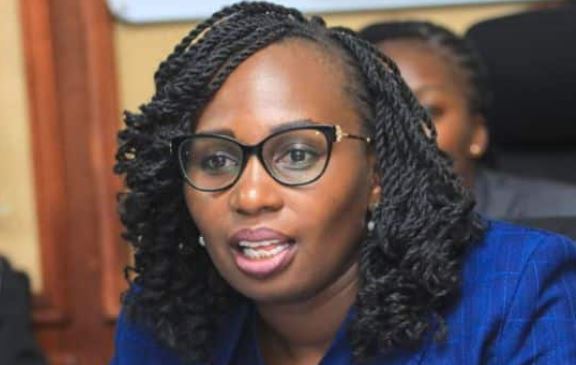
Several major broadcasters experienced unexplained signal disruptions earlier this week, just as protests against President William Ruto’s administration surged in Nairobi, Mombasa, Kisumu, and other towns.
The disruptions were widely interpreted as a coordinated effort by state actors to prevent the media from relaying scenes of public dissent to the rest of the country.
Though the CA has yet to release a clear public statement explaining the move, legal observers and rights groups see the blackouts as a dangerous escalation — reminiscent of tactics used during past election periods to muzzle dissent and suppress information
.“This is not only unlawful — it’s an insult to the intelligence of Kenyans,” said human rights lawyer Harun Ndubi. “What we are witnessing is the state machinery turning against the very constitution it swore to uphold.”
Legal Grounds and ConsequencesLawyers argue that the CA’s actions violate Articles 33, 34, and 35 of the Kenyan Constitution, which guarantee freedom of expression, freedom of the media, and access to information.
They further contend that any attempt to control the media without a lawful court order amounts to abuse of office and is punishable under both the Penal Code and the Leadership and Integrity Act.
LSK officials now say they are preparing to file suits against top CA executives in the High Court and are exploring additional avenues through the Director of Public Prosecutions (DPP) to pursue criminal accountability.
“Freedom of the press is not negotiable. These actions not only undermine democracy but also erode public trust in state institutions,” Odhiambo added.
Wider Implications.
The broadcast bans have triggered alarm among international observers, with diplomatic missions and human rights organizations warning that Kenya risks sliding into authoritarian tendencies if such trends persist.
The United Nations Human Rights Office in Nairobi has called for “full transparency and respect for fundamental freedoms.”As legal pressure mounts, media houses affected by the suspension are reportedly preparing their own petitions and considering seeking damages for loss of revenue and reputation.
Meanwhile, millions of Kenyans remain caught in an information vacuum, relying on social media, which itself has been under threat of regulation by the government, to stay informed.
What’s Next?
With lawyers setting the stage for an explosive legal showdown, all eyes are now on the Communications Authority and the Office of the Attorney General. Will they back down and restore the signals, or will this escalate into a full-blown constitutional crisis?
As the country braces for more protests, the battle over Kenya’s airwaves is shaping up to be a defining moment for media freedom in the digital age.—End of Report

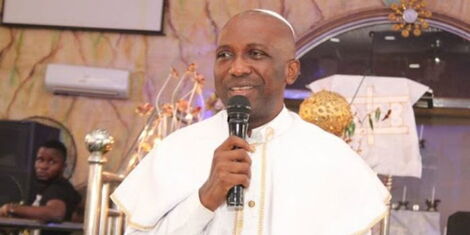
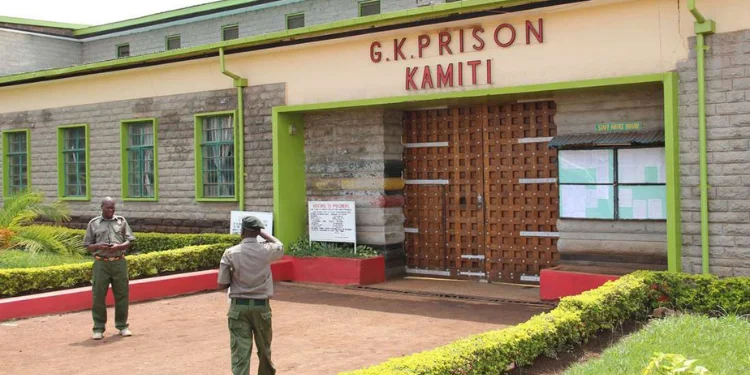



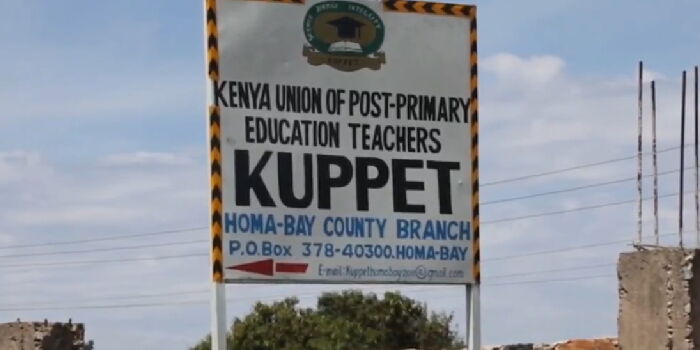


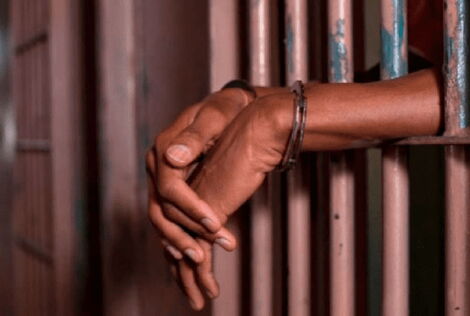
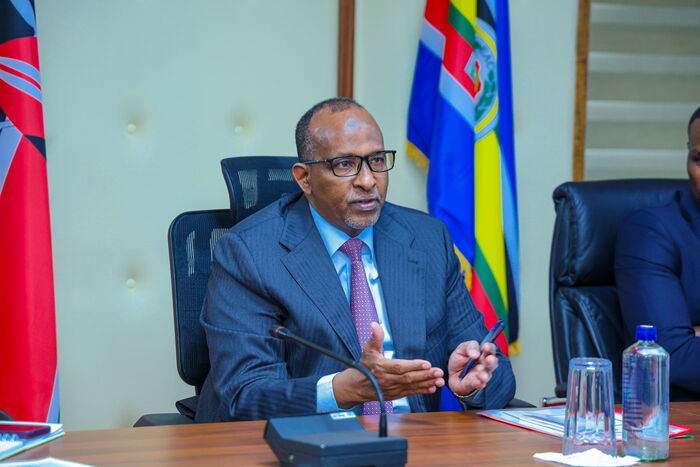

Leave a Reply